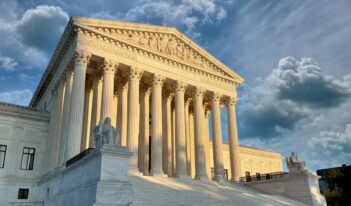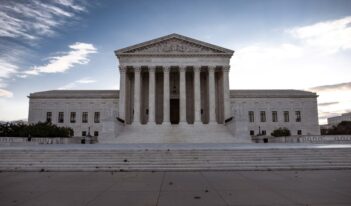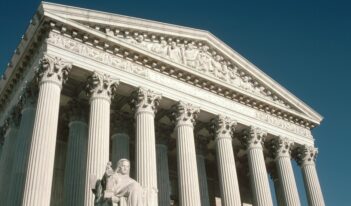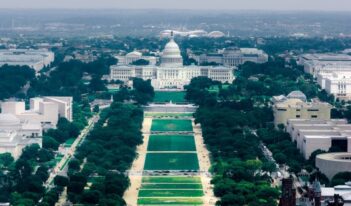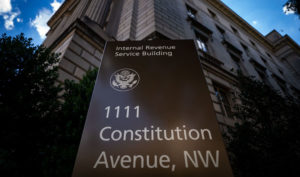Will the ABA Continue to Accredit Law Schools?
The Trump Administration may challenge the American Bar Association’s role in accrediting law schools.
Can the Courts Manage the Trump Blitzkrieg?
Legal questions raised in the first weeks of the Trump Administration may require the Supreme Court to make difficult decisions quickly.
The Important Case that Most People Know Nothing About
United States v. Eaton serves as the constitutional basis for thousands of executive branch decisions.
Two Neglected Effects of Loper Bright
The Supreme Court’s decision to overturn Chevron may have two salutary effects on administrative law.
The Urgent Need for Two Unanimous Opinions
The Supreme Court should decide two monumental lawsuits about former President Trump with short, narrow, and unanimous opinions.
On Misciting Marbury
In deciding whether to overrule the Chevron doctrine, the Supreme Court should not be persuaded by mistaken invocations of a famous dictum.
Does the Constitution Require Agencies to Use Biased Judges?
The Supreme Court should uphold longstanding legislation protecting the neutrality of administrative law judges.
Are Most Federal Statutes Unconstitutional?
Recent appellate judge’s dissent charts a radical approach to the nondelegation doctrine.
Merger Law Is Dante’s Inferno Revisited
The shift by agencies away from the current guidelines on mergers and acquisitions has left firms in limbo.
Avoiding Unduly Concentrated Clean Energy Markets
The IRS will need help to avoid unintended adverse effects in implementing the Inflation Reduction Act’s clean energy provisions.
Supreme Court Crushes the United States’ Ability to Mitigate Climate Change
Rejecting EPA’s ability to reshape the coal industry, the Court forecasts invalidating future agency actions.
Nostalgia for Agency Expertise
Calls for more deference to agency expertise derive from an unrealistic view of executive policymaking.




